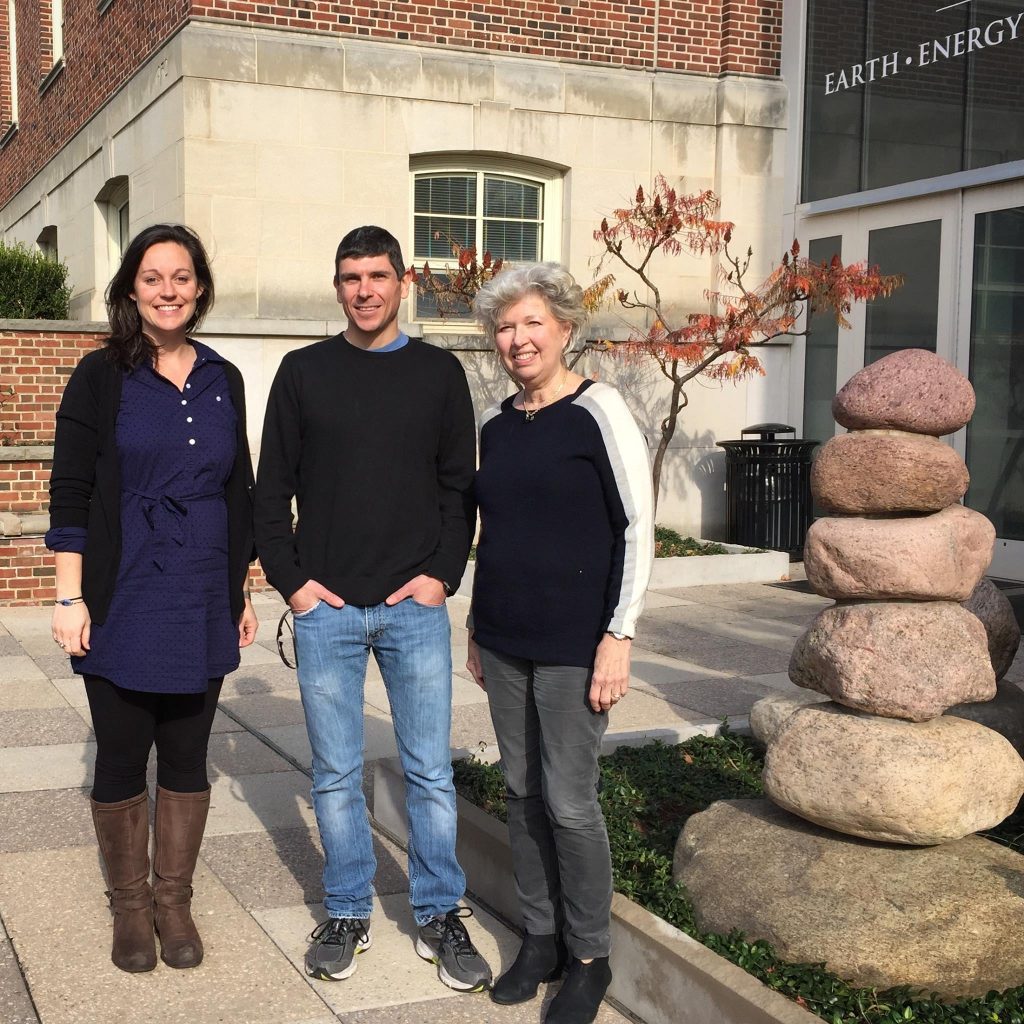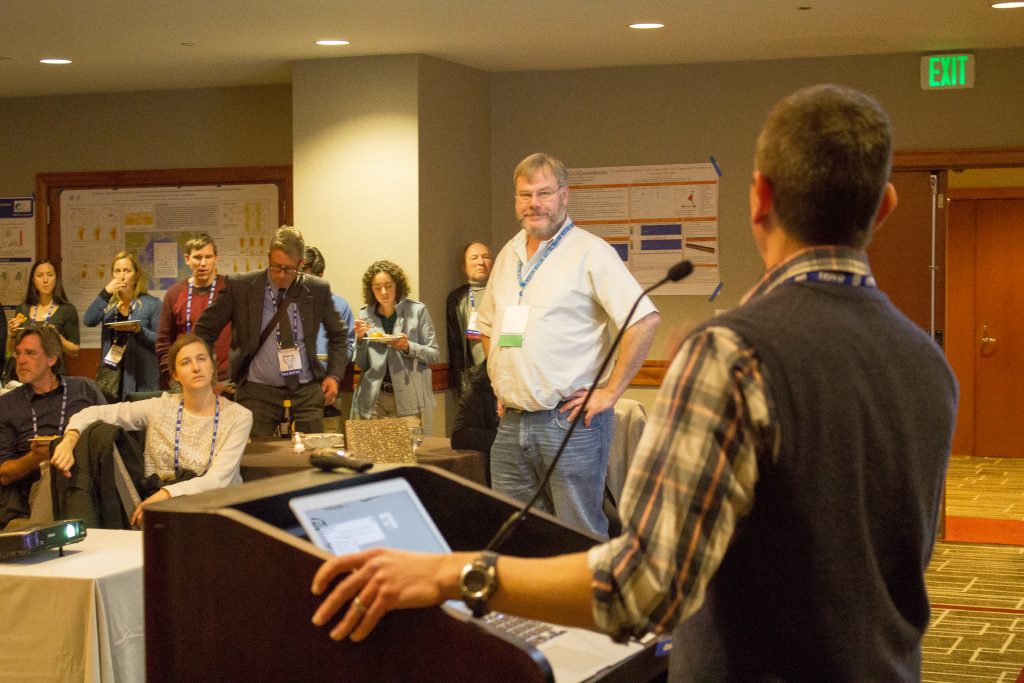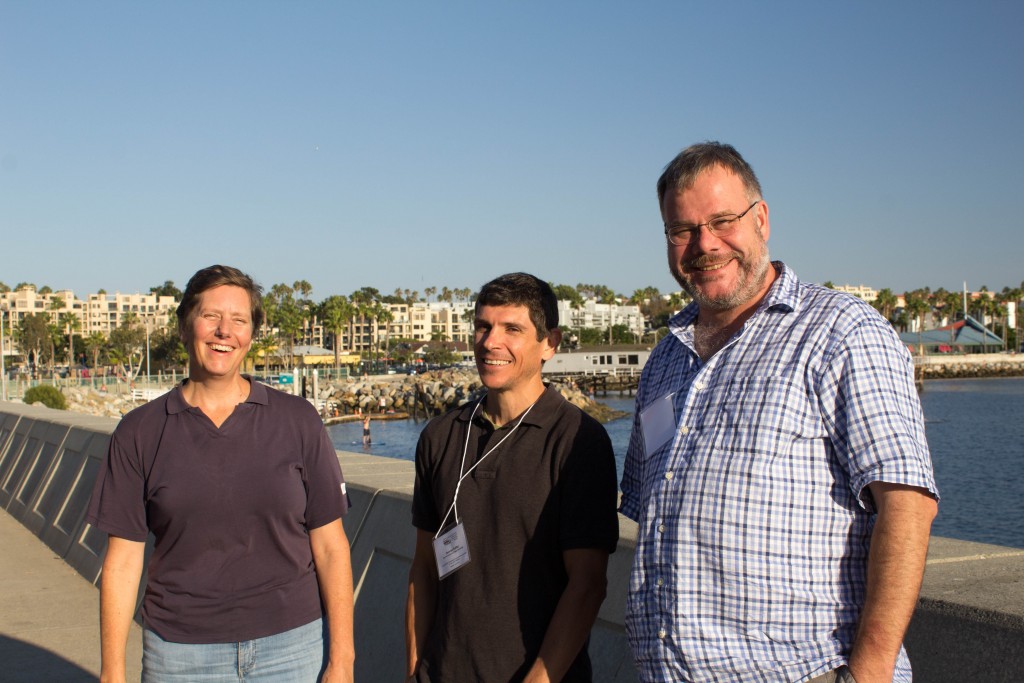GeoPRISMS carried out focused and integrated research within a program defined by community consensus. Research, however, was funded through individual PI-driven proposals to conduct specific scientific studies. The GeoPRISMS Office provided the organizational support to reconcile this juxtaposition between community planning of broadly cross-disciplinary programs and the individual nature of the work being done. In particular, the GeoPRISMS Office fostered communication, facilitated planning and integrative syntheses, and motivated broad community participation. The Office coordinated meetings and workshops, disseminated information including workshop summaries and reports on funded research, managed educational and database activities, and assisted with logistics and scientific efforts not supported by funding to PIs. The GeoPRISMS Office was directed by the Chair of the GeoPRISMS Steering and Oversight Committee, and hosted at his/her institution, rotating every 3-4 years. The first GeoPRISMS Office was hosted at Rice University, in Houston, TX under Juli Morgan’s leadership. In 2013, the office moved to University of Michigan, in Ann Arbor, MI in 2013 under Peter van Keken’s leadership. In 2015, the GeoPRISMS Office moved to Penn State under Demian Saffer’s then Demian Saffer and Anaïs Ferot’s leadership.
- The GeoPRISMS Steering and Oversight Committee (GSOC) comprised 11 to 15 members from a various range of disciplines and career stage. Members served 3-year terms on average to represent the GeoPRISMS community.
- The GeoPRISMS Education Advisory Committee (GEAC) provided from 2010 to 2015 advice and guidance on educational and outreach programs coordinated by the GeoPRISMS Office.
The annual NSF solicitation for GeoPRISMS proposals addressed priorities outlined within the community-approved GeoPRISMS Science Plan. To avoid potential conflicts of interest, the GSOC had no input in the proposal evaluation.
The independent NSF review panel, with expertise spanning the EAR and OCE communities, evaluated proposals in the context of the GeoPRISMS Science Plan.



